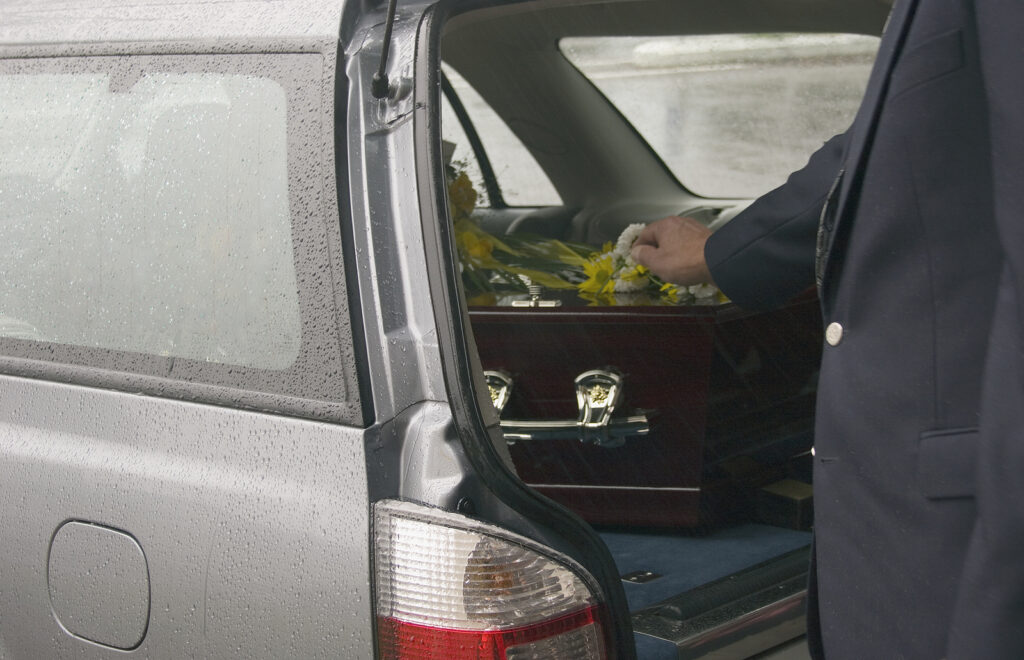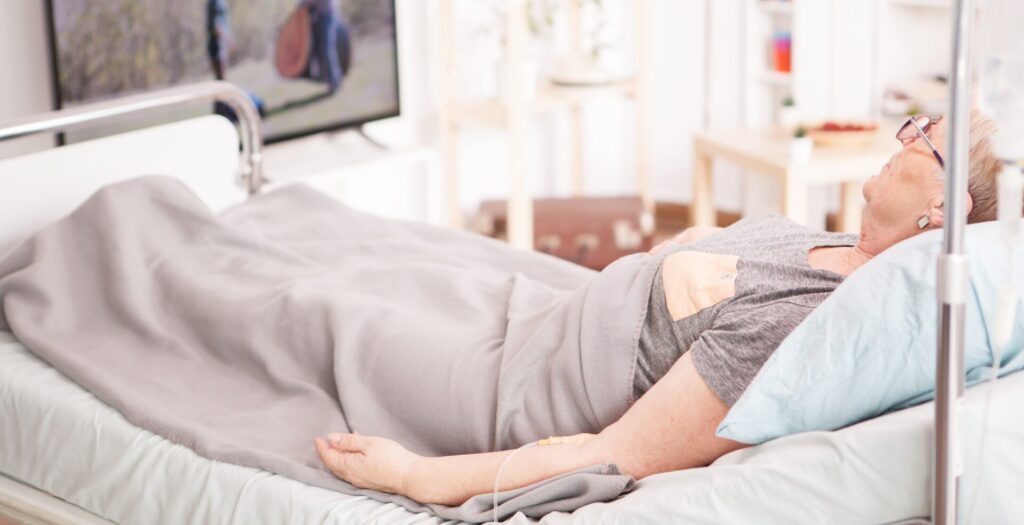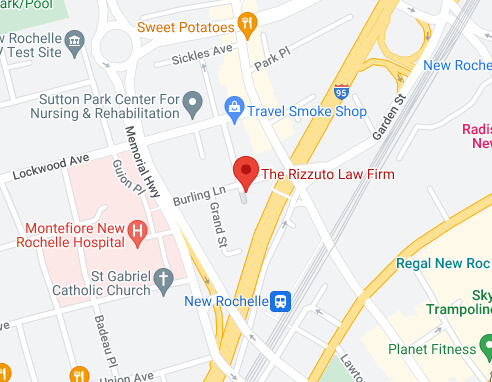When a loved one moves into a nursing home, their family and friends want them to be treated with as much care and compassion as possible so as to enjoy the time they have left. While some nursing homes have care and compassion as a vital part of their mission, not all do. If you think a loved one is being abused or neglected in a nursing home, here’s what you should know.
What Is the Difference Between Abuse and Neglect?
It’s essential to understand the difference between abuse and neglect, which largely comes down to one attribute: Action. Abuse is a harmful action someone takes toward another. That can involve physical violence, deliberately putting someone in harm’s way, forcing someone to participate in or watch sexual acts against their will, or verbally or emotionally abusing someone. When it comes to elderly people, another form of abuse is financial abuse, meaning someone steals from the resident.
Neglect usually lacks action. Nursing home staff may not properly feed or bathe residents or provide their medications, or they may not call a doctor or nurse when needed. The resident may be left alone in their room for hours at a time, and their clothes or bedding may go unchanged.
What Are the Signs of Nursing Home Abuse and Neglect?
While some signs are specific to abuse or neglect, there are many clues that could lead to either. Sadly, it’s not uncommon for someone to be both abused and neglected.
- Obvious signs of abuse are bruises, cuts, or burns that don’t have a logical cause. This can even include broken bones.
- Weight loss or dehydration due to lack of food or water. That can be detected through unusual fatigue or anxiety, skin that feels papery, unusual complaints of feeling cold, or hair loss.
- The resident seems to have lost mobility, often from being kept in bed or in a wheelchair for hours at a time. They may also develop bedsores.
- Personality changes. If the resident was previously fairly cheerful and suddenly becomes depressed, angry, or fearful, they may be abused or neglected (and probably have been warned not to talk about it to avoid worse outcomes). Anxiety and depression are more signs, and the resident may withdraw from friends and family.
- The resident is clearly not receiving regular cleaning, whether it’s their body, hair, clothes, or bedding.
- Things the resident needs to participate in life around them, such as hearing aids or eyeglasses, are broken and not reported or have disappeared.
- The resident no longer wants to do activities they previously enjoyed.
- They may have trouble sleeping.
- For financial abuse, if possible, try to get permission from the resident to access their bank records. If there are large, unexplained withdrawals or transfers, someone may be stealing from them.
What Are the Causes for Nursing Home Abuse and Neglect?
There can be several different causes, and more than one happening at a time.
- Understaffed and/or overcrowded. If the nursing home doesn’t have adequate staff to care for residents, and the nursing home doesn’t limit the number of residents it accepts, neglect is likely to occur.
- Low pay. Staff with low pay who may be juggling multiple jobs to make ends meet may not even mean to engage in neglectful behaviors, but it could happen. Or someone can be angry because of the hard work and low pay and begin taking it out on residents.
- Lack of proper training. Staff who are largely sent to work without the necessary training are not likely to follow the proper protocols because they don’t know them. Their neglect may not be deliberate, but its consequences are just as profound.
- Negligent hiring. Nursing home management should conduct background checks on all potential employees to see if there is anything in their past that could make them a risk for neglectful or abusive behaviors, such as a former criminal conviction.
How Do I Report the Abuse or Neglect I See Happening at My Loved One’s Nursing Home?
In New York, every nursing home must have an ombudsman. That’s a government public official whose job is to protect residents and ensure residents receive the rights due to them, including being safe from abuse or neglect. You can file a complaint with the ombudsman, who’s required to investigate.
Before filing the complaint, it’s a good idea to gather some evidence if you can. That can be photos of injuries or clearly soiled bedsheets, video of the resident’s new, unusual behavior, or you could take the resident to a doctor, share what you suspect, and get copies of the medical records to back up your claims. Records from the nursing home could show that medications aren’t being given as ordered by the doctor or other missteps.
What Should I Do if I Suspect Someone is Being Abused or Neglected in a Nursing Home?
Call the Rizzuto Law Firm as soon as possible at 516-622-0606 for a free case evaluation. These are heartbreaking, stressful cases, and we’re here to help your loved one receive justice and protect them from the person(s) causing the abuse or neglect.
The nursing home’s management, insurance representative, or attorney may try to contact you to discuss the case. It’s best if you don’t engage in communication with them. They may try to get you to say that there’s no abuse or neglect, or they may try to convince you to sign a settlement far lower than your loved one deserves. Forward all communications to your lawyer.











